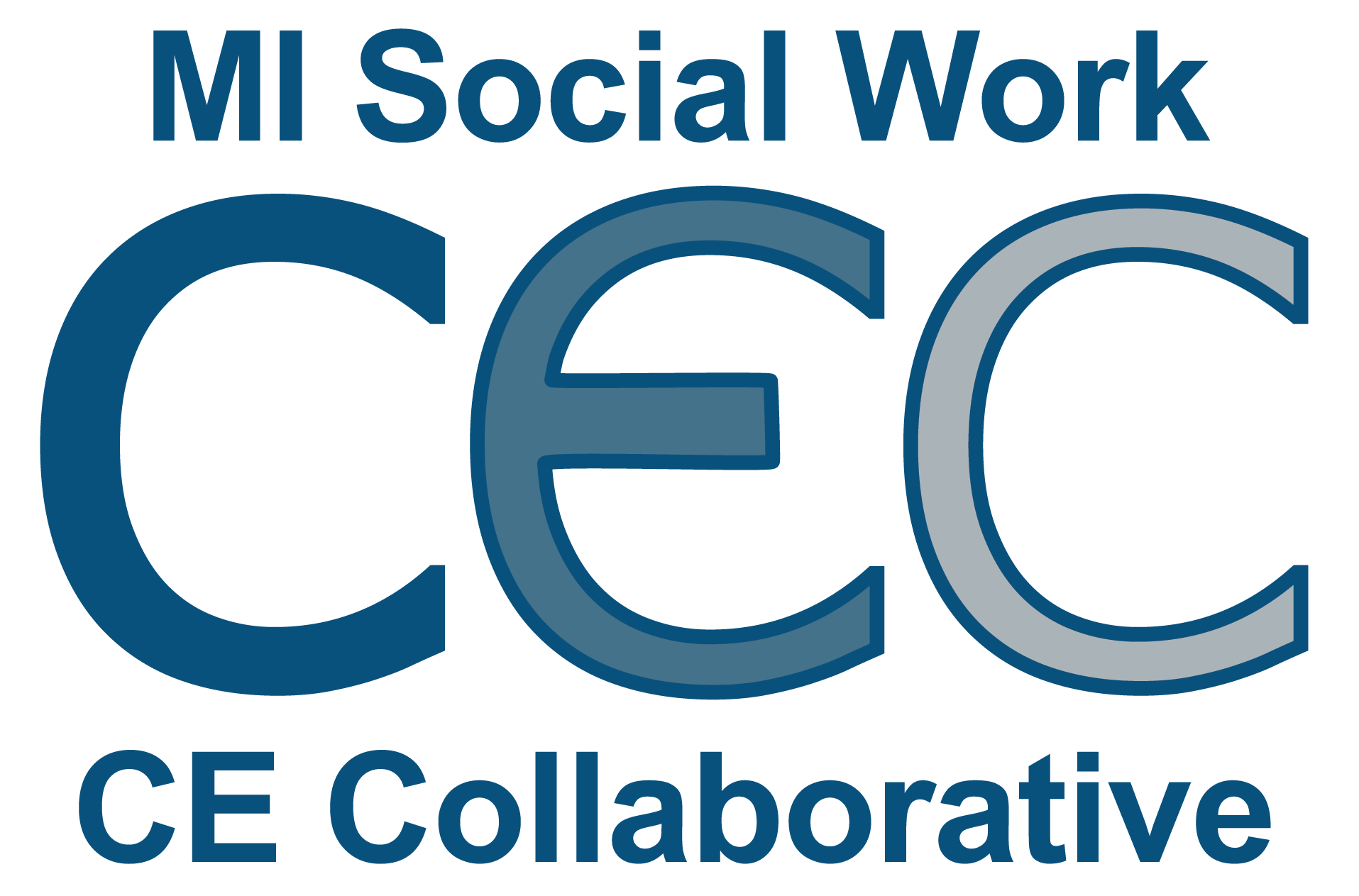Course Description:
U.S. state and federal laws on guardianships need significant reforms to better prioritize self-determination, autonomy, and personal dignity for individuals with severe intellectual disabilities or cognitive impairments. Social workers are in a unique position to help advocate for modernized guardianship policies. Social workers must also be aware of the latest legal and ethical considerations in guardianships to enable them to spot instances of fraud, abuse, and, neglect for individuals subject to a guardianship.
This CE examines ethical pitfalls and risks within U.S. guardianship systems with a goal to identify, mitigate, and prevent abuse against individuals with intellectual disabilities or cognitive deficits. In addition to this issue-spotting training, attendees will examine how judges determine the need for a guardianship under the law and how guardians are appointed, monitored, and assessed over time.
Individuals with life-long disabilities are often marginalized in society. Adults who are subject to a legal guardianship are especially vulnerable to fraud, abuse, neglect, and bullying issues. Despite these risks, many current guardianship laws and policies do not align with modern ethical standards for increasing supported decision-making and personal autonomy for individuals with disabilities. In certain cases, a full legal guardianship appointment is not always necessary to safeguard individuals, even when the individual under legal review has cognitive impairments and/or intellectual disabilities. Social workers must also be aware of the latest legal and ethical considerations in guardianships to enable them to spot instances of fraud, abuse, and, neglect for individuals subject to a guardianship.
Adults who are currently subject to a guardianship or under consideration for a guardianship face unique barriers and challenges. Social workers are in a unique position to help advocate for more modernized guardianship policies that include alternatives to guardianship to promote greater self-determination for people with disabilities. Social workers play an integral role in supporting individuals with disabilities as well as their caregivers. This population includes individuals who are subject to a guardianship and other decision-making supports. As such, social workers are uniquely suited to provide appropriate services and supports for people with disabilities who are subject to a guardianship and their caregivers. This CE is relevant to supporting social work professional development as it pertains to the best practices for assisting this vulnerable population in guardianship planning matters.
To best serve their clients, social workers must be aware of the many ethical challenges that can arise in clients who are part of the U.S. legal guardianship system. These include knowledge of the following ethical considerations: (1) the pressing need for improved oversight of guardianship arrangements because of increased risk of fraud, abuse, and neglect; (2) how the need for a guardian appointment is analyzed under the law; (3) how a full guardianship order can sometimes remove more rights than necessary; (4) why guardians can face conflicts of interest between their guardianship income and their fiduciary duty to the individual with disabilities or cognitive impairments; (5) severe limitations of federal and state government datasets on guardianship matters in detail; (6) proposed guardianship reform policies; and (6) how to spot, mitigate, and prevent instances of fraud, abuse, and neglect against individuals who are subject to a guardianship.
Course Link:
https://www.emich.edu/engage/business/professional-programs-training/programs/social-work/index.php
CE Value (credits): 3
CE Type: Standard
Sponsor Name:
Eastern Michigan University
Contact Information:
Julie Newland
734-487-4926
mailto:jnewland@emich.edu
